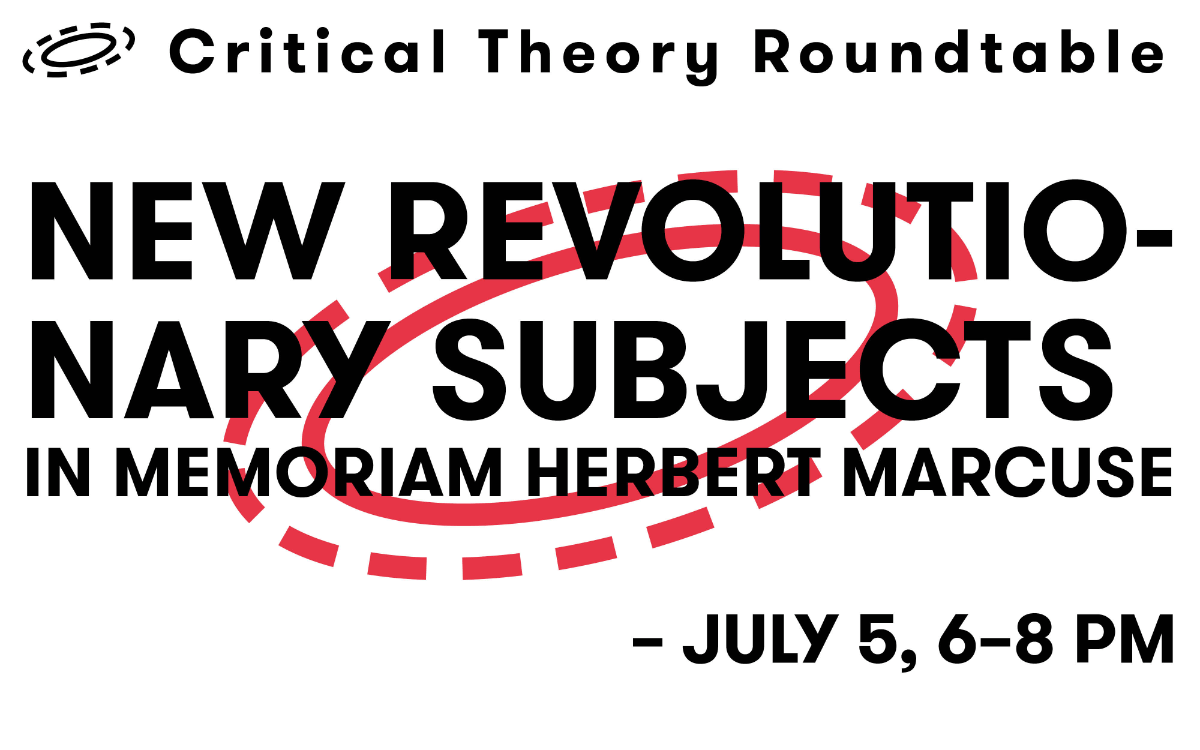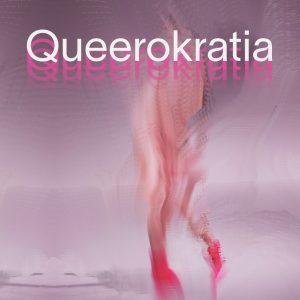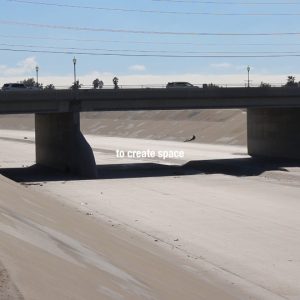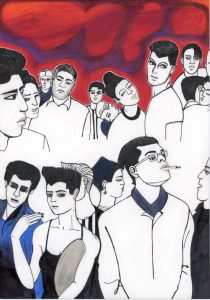mit Gianfranco Casuso, Robin Celikates, Alex Demirović, Verónika Gago, Sally Haslanger, Rahel Jaeggi, und Eva von Redecker
critical theory Berlin
Mi. 05.07.23 | 18:00 – 21:00
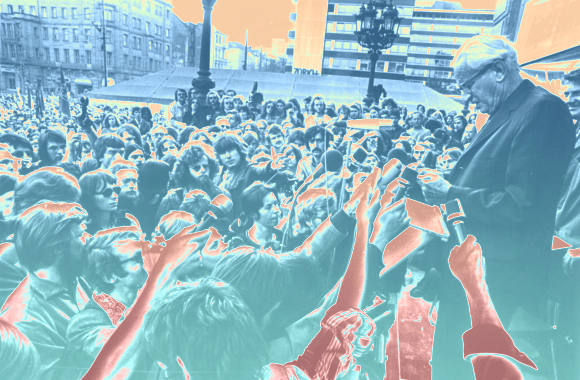
Jede Revolution braucht ein unentwegtes Subjekt, das sie durchführt. Für lange Zeit galt als aussichtsreichste Kandidatin für diese Rolle, die soziale Klasse, die nichts zu verlieren hatte als ihre Ketten, die als Subjekt-Objekt der Geschichte, von jener Gesellschaft hervorgebracht, ausgebeutet und unterdrückt wurde, die sie durch ihre eigene Arbeit überhaupt nur aufrechterhielt, und die nicht um Verteilung von Privilegien zu ihren Gunsten kämpfte, sondern – im Zuge der Überwindung von Klassen überhaupt – um ihre eigene Abschaffung. Herbert Marcuse, dessen Geburtstag sich dieser Tage zum 125. Mal jährt, sah nicht nur wie andere Vertreter der Kritischen Theorie, dass das Proletariat die im zugedachte Rolle historisch in den dreißiger Jahren des zwanzigsten Jahrhunderts nicht gespielt hatte. Marcuse sah wie kein zweiter, dass gesellschaftliche Veränderungen von anderen gesellschaftlichen Gruppen erkämpft wurden: von sozialen Bewegungen und von jenen, die gesellschaftlich an den Rand gedrängt wurden. Heute, wo die Neuen Sozialen Bewegungen bereits ein Fall für die Geschichtsbücher geworden sind, wo Migrant:innen und Prekariat die anspruchsvolle Rolle des Proletariats ebenfalls nicht einfach übernommen haben, wollen wir im Geiste Marcuses fragen: Wer sind die kollektiven Akteur:innen, die auf die Krisen der Gegenwart mit einer tiefgreifenden Transformation der Gesellschaft antworten wollen und können?
Die Veranstaltung ist Teil der International Critical Theory Summer School 2023 und wird in englischer Sprache stattfinden.
EN_
Every revolution needs a steadfast subject setting it in motion. For a long time, the most promising candidate for this role was considered to be the social class that had nothing to lose but its chains, that as the subject-object of history, was produced, exploited, and oppressed by the very society its own labour maintained, and that did not fight for the redistribution of privileges in its favour, but – in the course of overcoming classes in general – for its own abolition. Herbert Marcuse, whose birthday is being celebrated for the 125th time this year, not only observed, like other representatives of Critical Theory, that the proletariat had failed to fulfil its intended role in the 1930s. Marcuse was uniquely perceptive for the other social groups that fought for social change: the social movements and those who were socially marginalized. Today, when the New Social Movements have already become a chapter in the history books, and when migrants and the precariat have not simply taken up the demanding role of the proletariat, we want to ask in Marcuse’s spirit: Who are the collective agents that want to and are able to respond to the crises of the present with a profound transformation of society?
The event is part of the International Critical Theory Summer School 2023.

